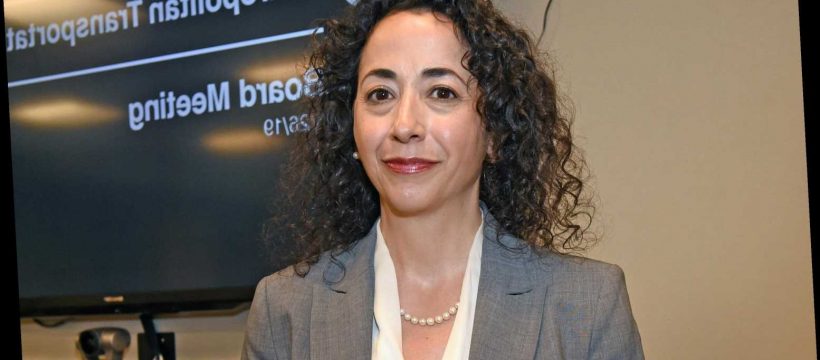The coronavirus pandemic has stalled the MTA’s efforts to prevent overtime fraud after the crisis put high-tech time clocks into quarantine, the agency’s watchdog said Monday.
Inspector General Carolyn Pokorny’s office said in a new report it was “concerned” with a delay in integrating fingerprint-scanning gadgets that were billed as a fix to combat allegations of widespread overtime abuse.
Transit officials in mid-March decided to shut down the new Kronos timekeeping system in an effort to combat the spread of COVID-19.
But this caused a “significant, negative impact on the standardization of timekeeping using Kronos and its integration with existing payroll systems,” according to the IG’s most recent review of the MTA’s OT-reduction efforts.
“The delay of this critical aspect of the overtime reform effort is concerning to the OIG,” continued the report. “We question how long it will last and what plans exist to ensure the effort continues to move forward.”
The MTA’s rollout of the new clocks — which are supposed to replace antiquated paper cards — has already been fraught with delays.
After first promising to have the entire 40,000-person workforce using the clocks by this past September, only about 85 percent of those workers were actively using the tech by mid-January.
Further complicating matters, the MTA faced “apparent acts of vandalism” against the machines, the IG’s office has previously said — with many found smashed or damaged.
Agency IT staffers had projected that Kronos would be fully merged with existing timekeeping systems by the end of 2021.
When the virus began wreaking havoc on New York City, staffers were forced to redirect their time and resources towards supporting employees working from home — also likely delaying the target for full Kronos payroll integration.
Pokorny began investigating allegations of overtime abuse at the MTA following a series of Post exposés on LIRR workers pulling in huge paychecks, including one staffer who raked in $344,147 in overtime — on top of his $117,499 salary.
Pokorny’s office has accused the agency of allowing workers to rack up OT based on an “honor system” with little oversight or verification.
The MTA spent $1.3 billion on overtime last year, according to agency documents — up from $895 million in 2014.
Compared to last year, the agency — which is facing a projected $4 billion deficit due to the pandemic — has cut its OT tab by 24 percent, the IG’s office said.
But the cuts “were not driven by factors the MTA can rely on to produce savings in the future.”
“Health concerns, turnover, and general uncertainty about whether technology investments will remain a priority threaten the completion of these improvements,” the IG’s office said.
Share this article:
Source: Read Full Article
